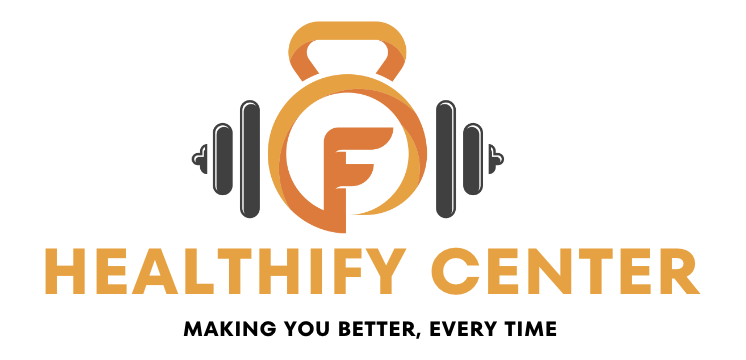Community health centers play a crucial role in providing healthcare services to underserved populations. These centers are a vital part of the healthcare system, ensuring that individuals and families have access to quality and affordable healthcare. The importance of community health centers for underserved populations cannot be overstated, as they not only provide medical care, but also contribute to overall community well-being.
One of the key aspects of community health centers is their focus on preventive care. These centers offer a wide range of services, including immunizations, screenings, and wellness programs, aimed at preventing the onset of diseases and promoting healthy lifestyles. For underserved populations, many of whom may lack access to regular primary care, community health centers are often the first point of contact for addressing health concerns and receiving preventive care. This can help to reduce the burden of chronic illnesses and ultimately improve the overall health of the community.
In addition to preventive care, community health centers also provide comprehensive medical services, including primary care, dental care, mental health services, and chronic disease management. These services are vital for underserved populations who may face barriers to accessing traditional healthcare providers, such as cost, lack of insurance, or transportation issues. Community health centers work to eliminate these barriers and ensure that everyone can receive timely and appropriate care.
Furthermore, community health centers often provide culturally competent care, which is essential for addressing the unique healthcare needs of underserved populations. By understanding and respecting the cultural, linguistic, and social backgrounds of their patients, community health centers can better engage and connect with those they serve. This can lead to improved health outcomes and patient satisfaction, as individuals feel more comfortable seeking care and following through with treatment plans.
Another important aspect of community health centers is their role in addressing health disparities. Underserved populations, such as low-income individuals, racial and ethnic minorities, and rural communities, often experience higher rates of chronic diseases and face greater barriers to healthcare access. Community health centers work to bridge these gaps by offering services that are tailored to the specific needs of these populations. By doing so, they help to address and reduce health disparities, ultimately leading to a healthier and more equitable society.
Lastly, community health centers contribute to the overall well-being of the communities they serve. Beyond providing healthcare services, these centers often offer educational programs, social support services, and outreach initiatives that promote health and wellness. This can have a positive impact on the community as a whole, leading to improved quality of life and greater resilience in the face of health challenges.
In conclusion, community health centers are essential for addressing the healthcare needs of underserved populations. Through their focus on preventive care, comprehensive medical services, cultural competence, and addressing health disparities, these centers play a vital role in promoting the health and well-being of communities. As such, it is crucial to support and invest in community health centers to ensure that everyone has access to the healthcare services they need. By doing so, we can work towards a healthier and more equitable society for all.

















Leave a Reply